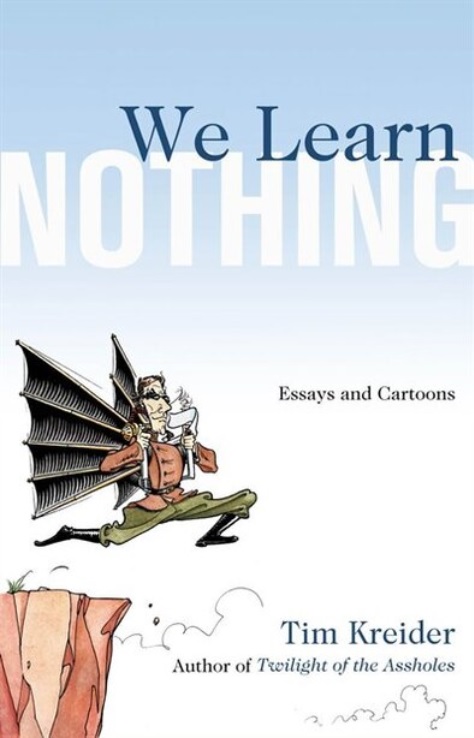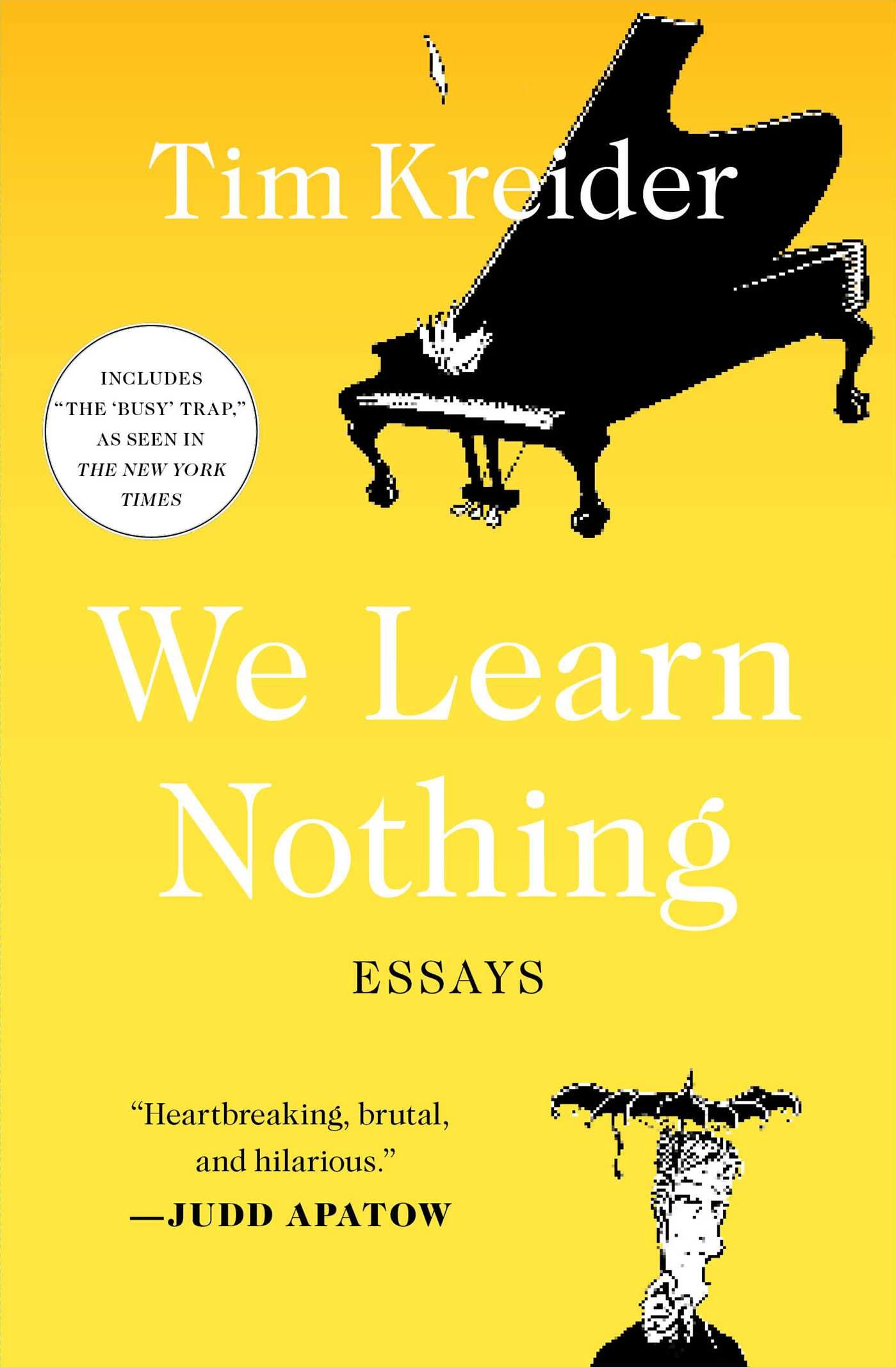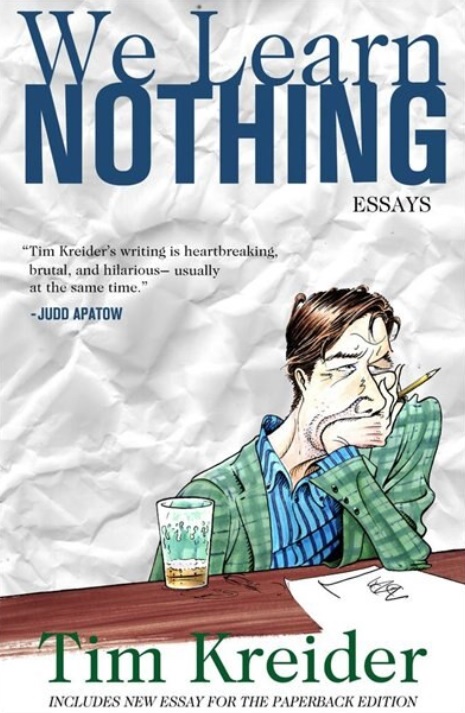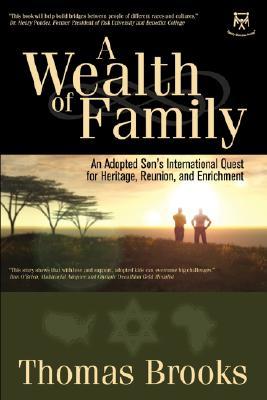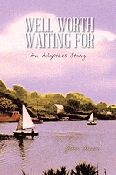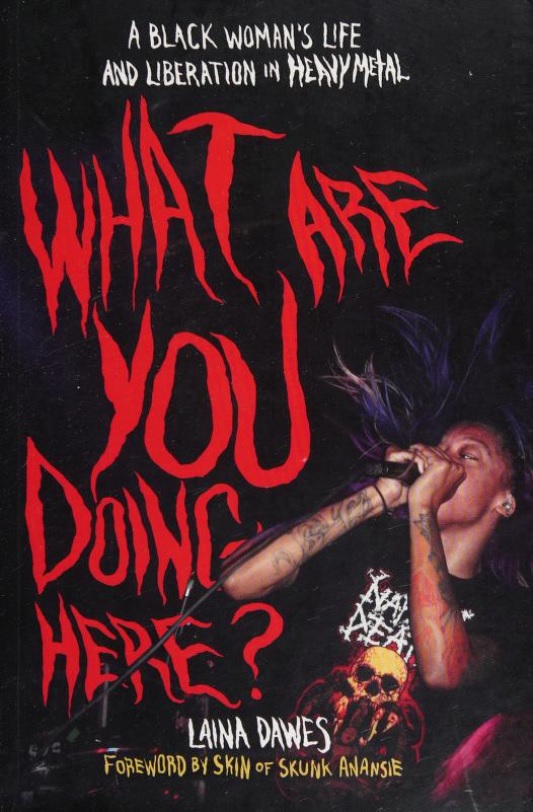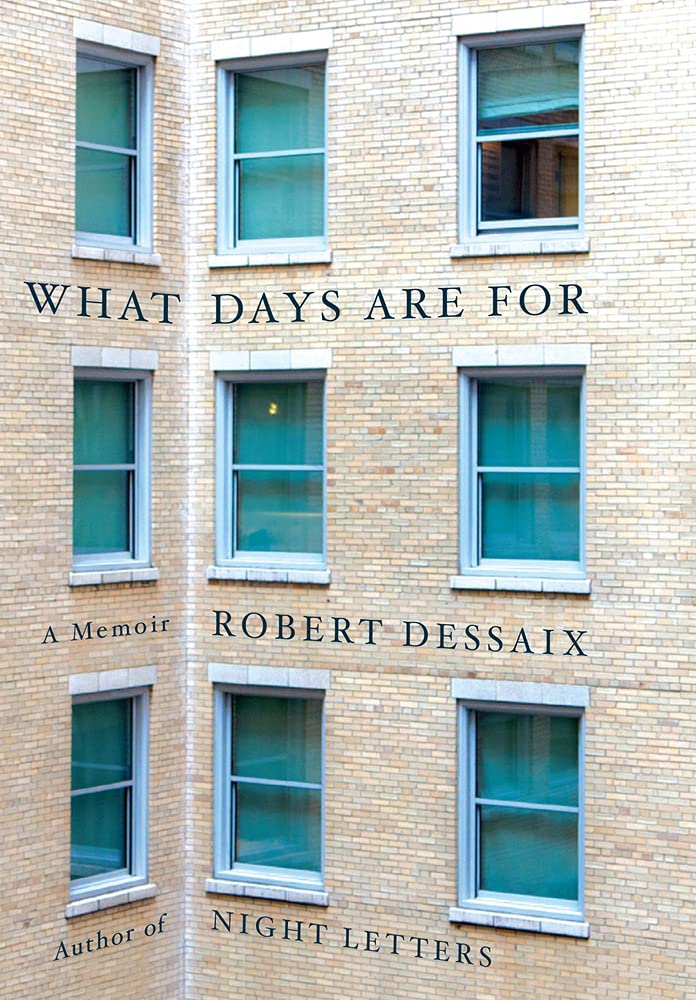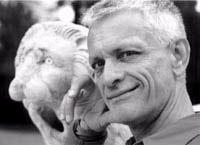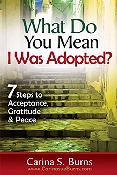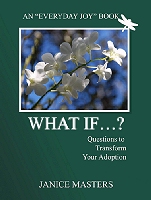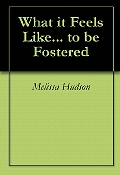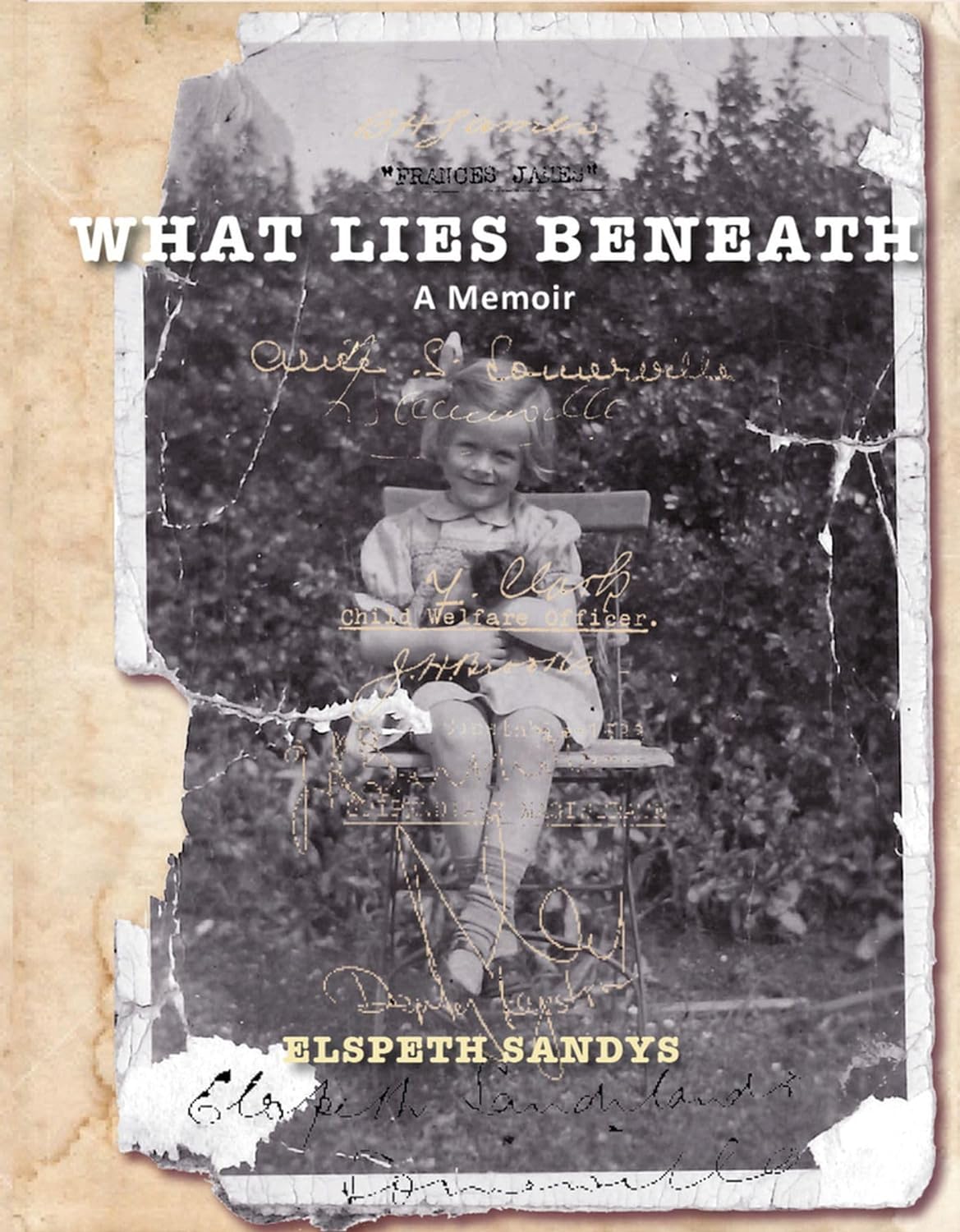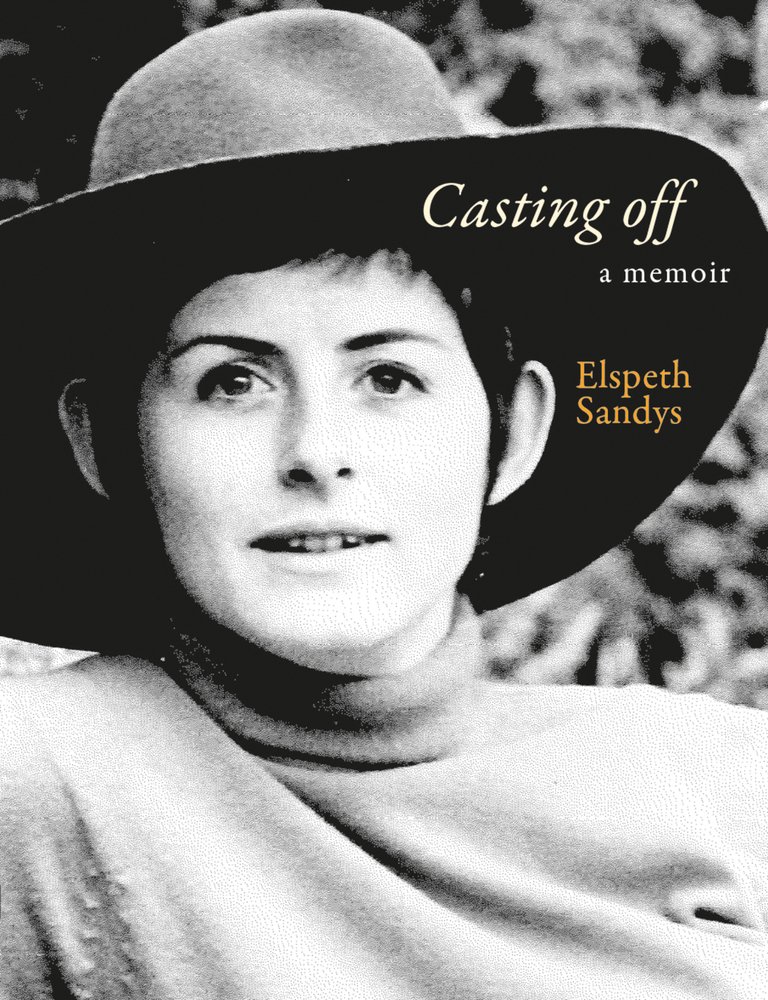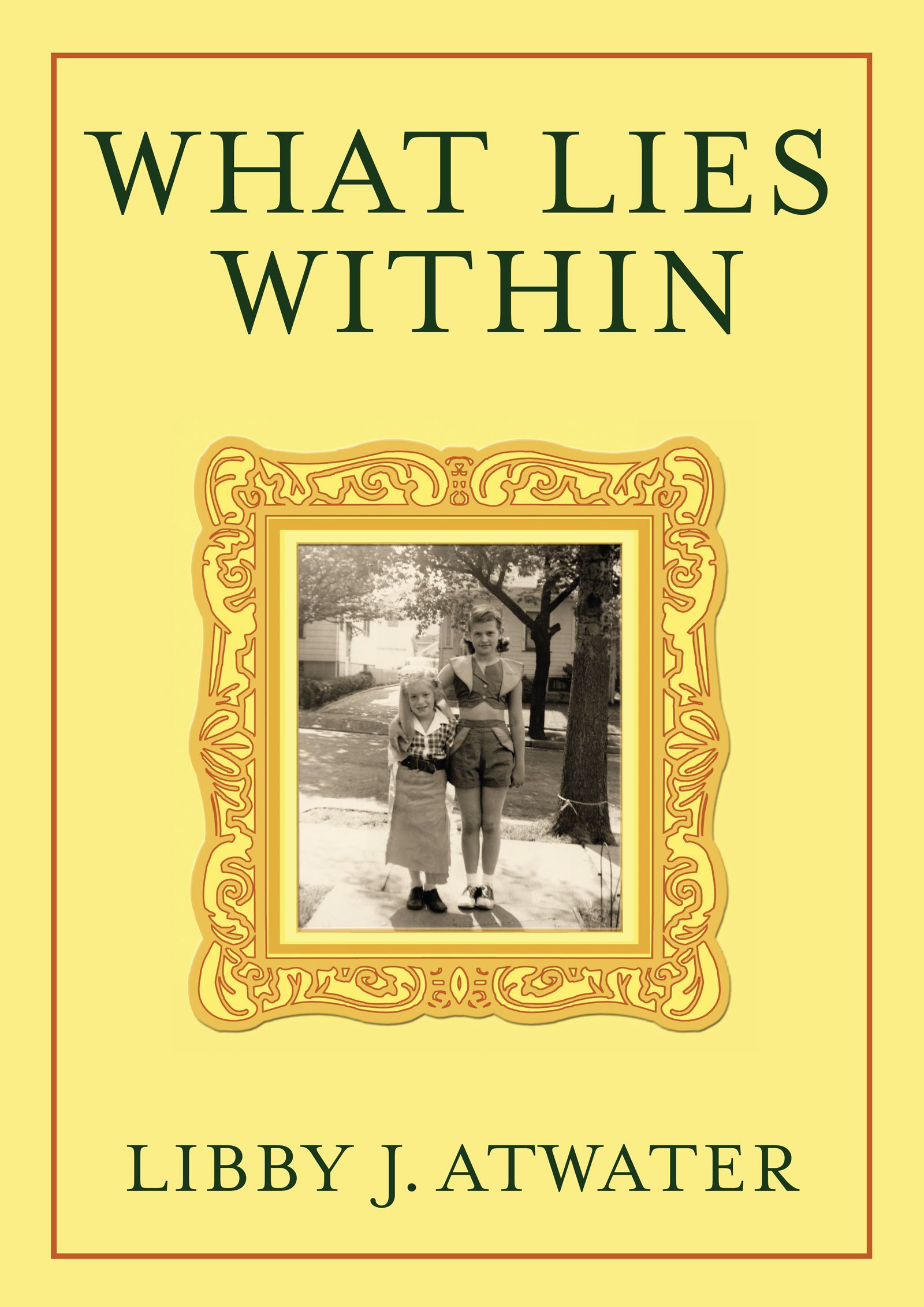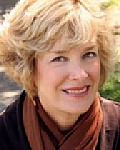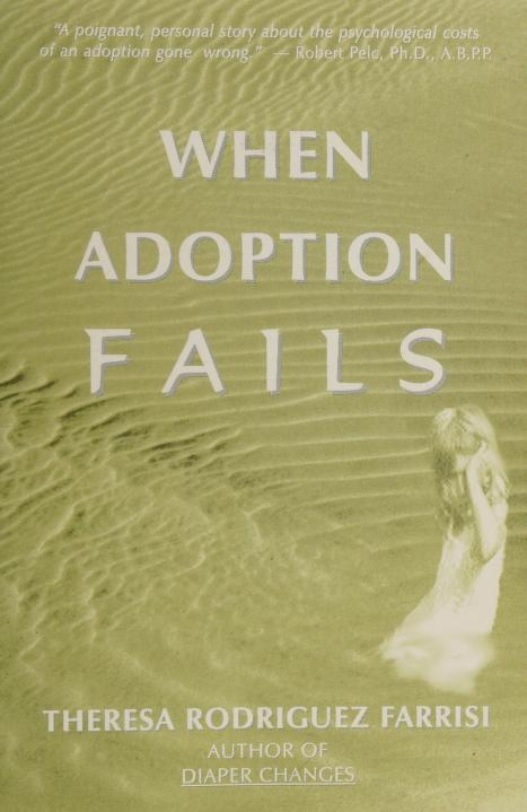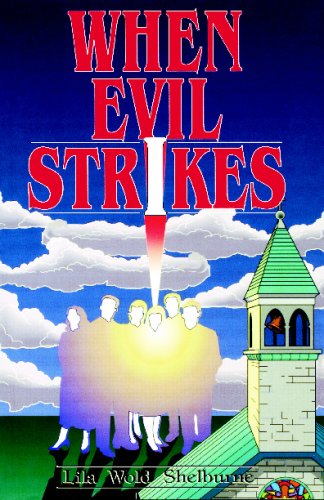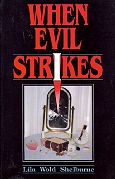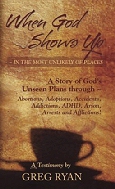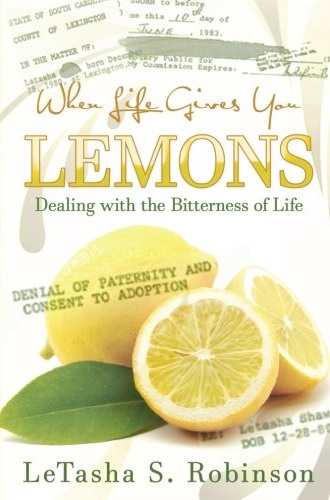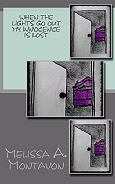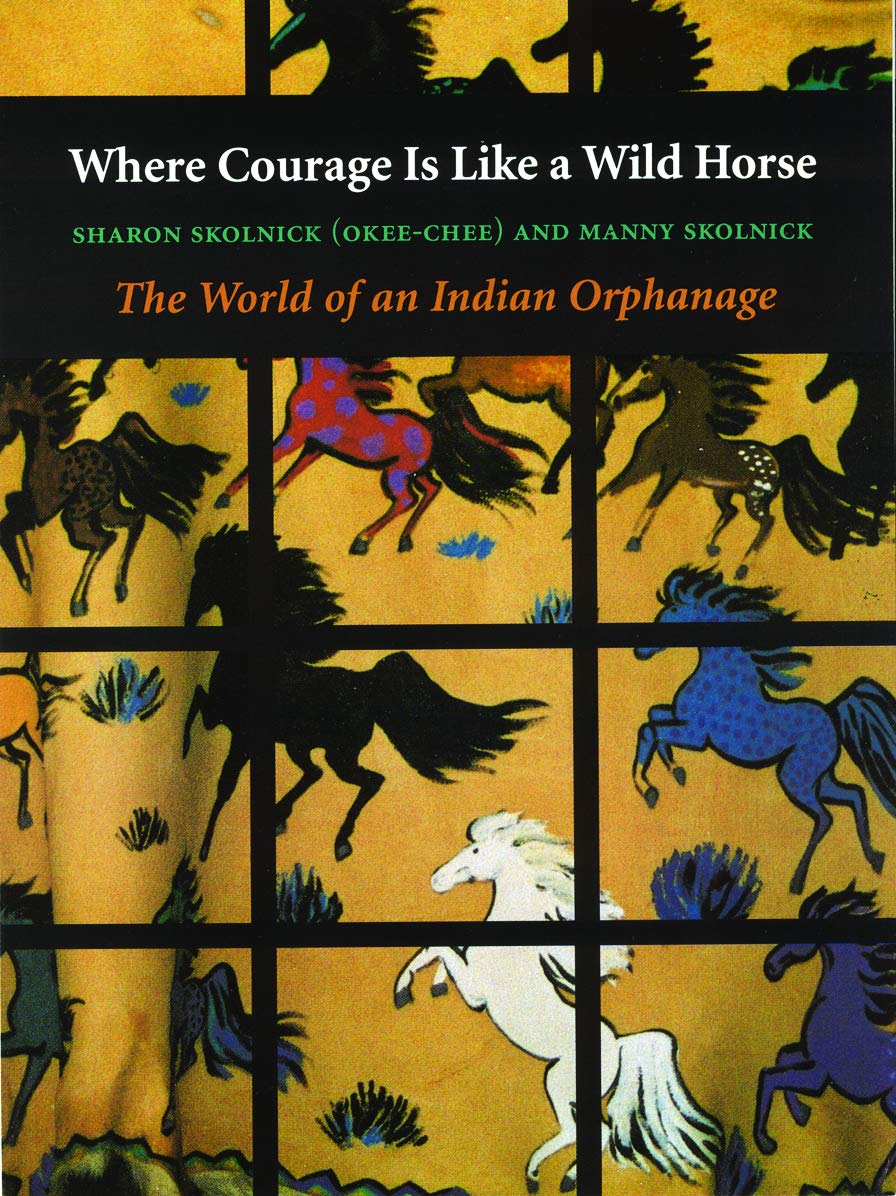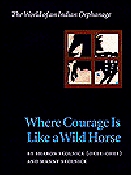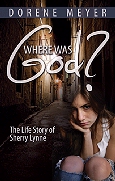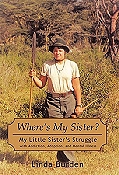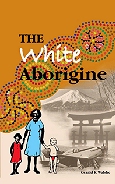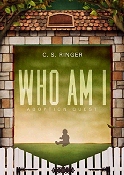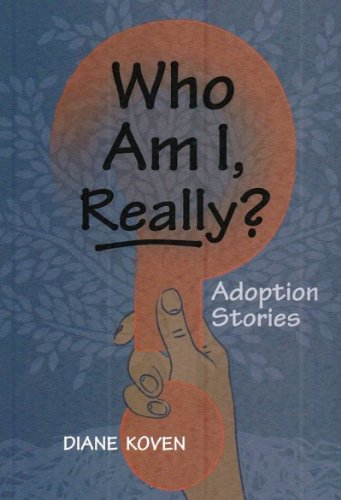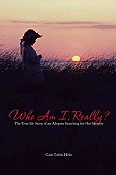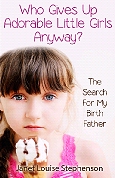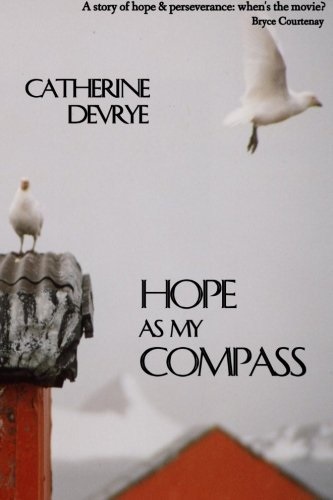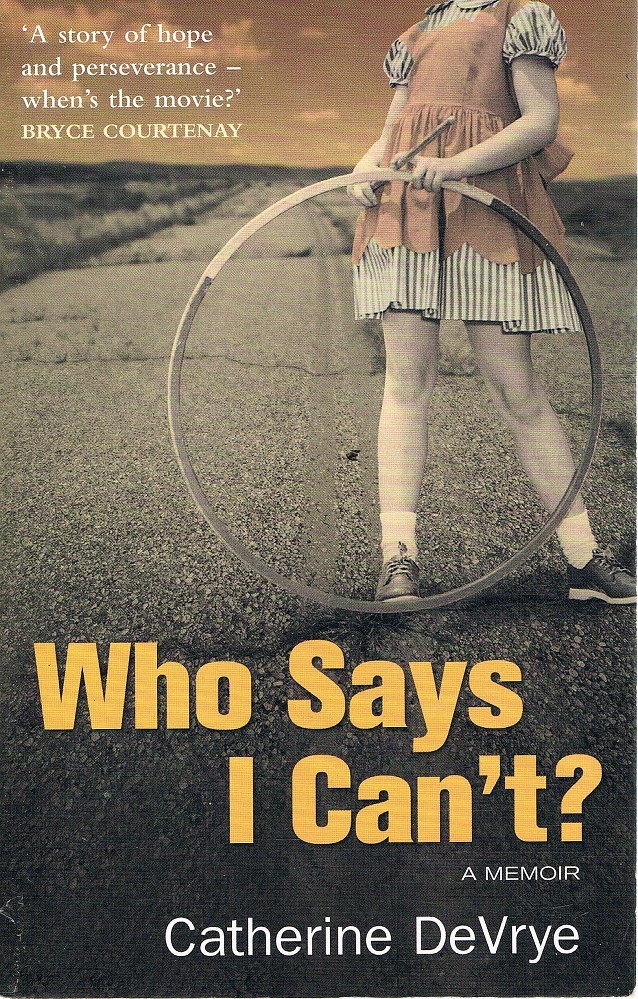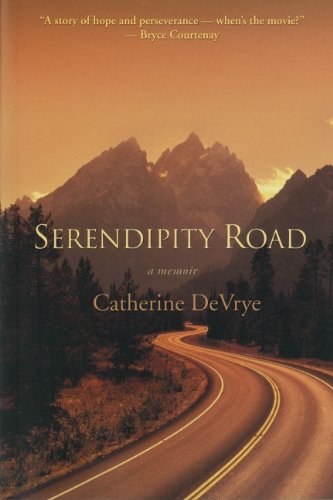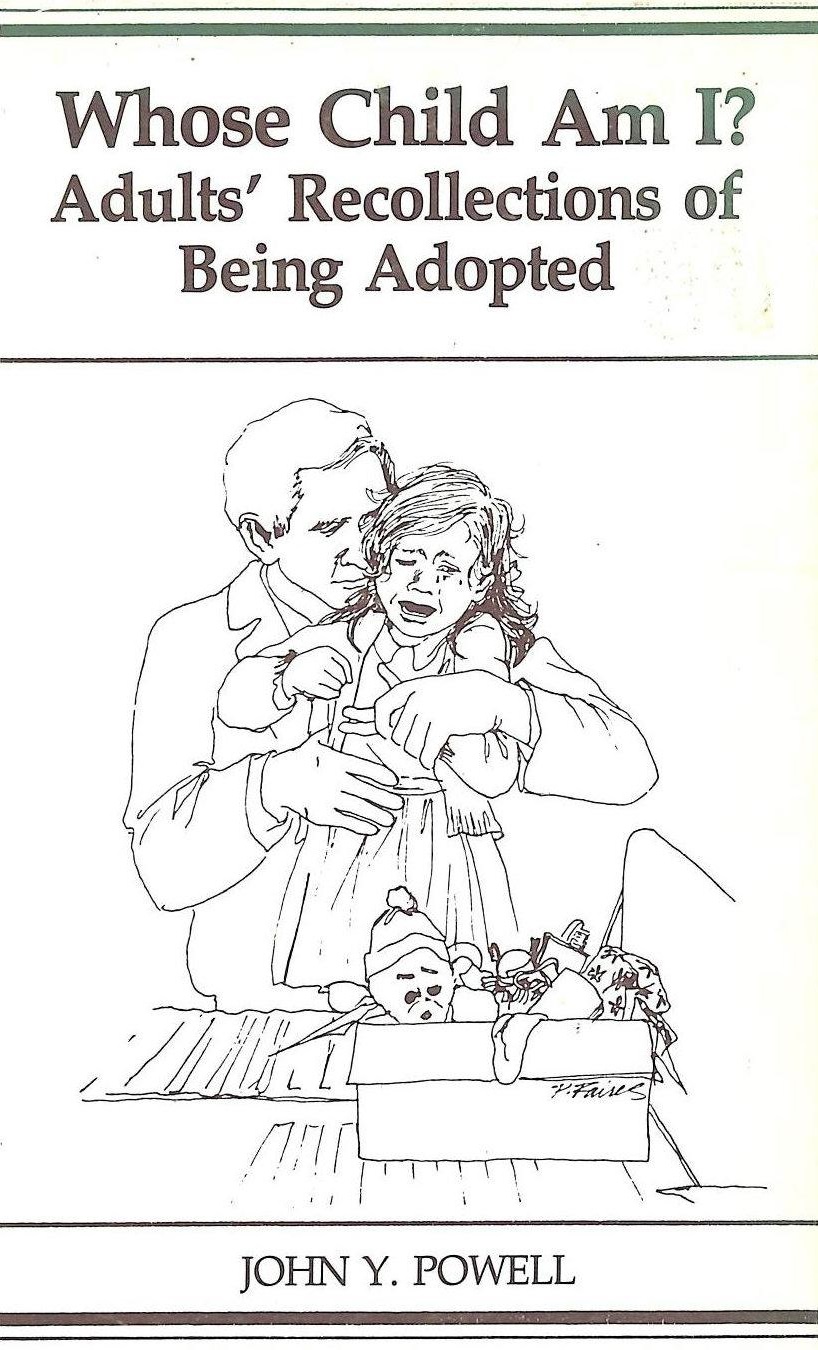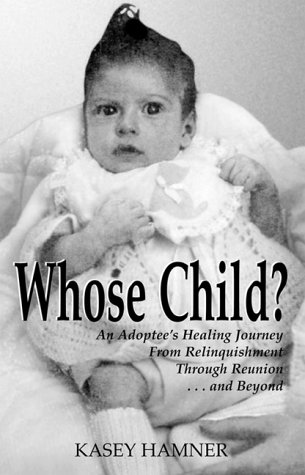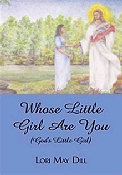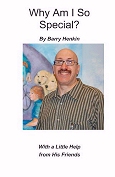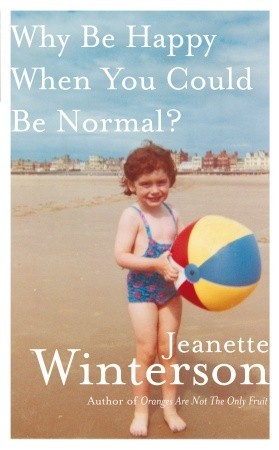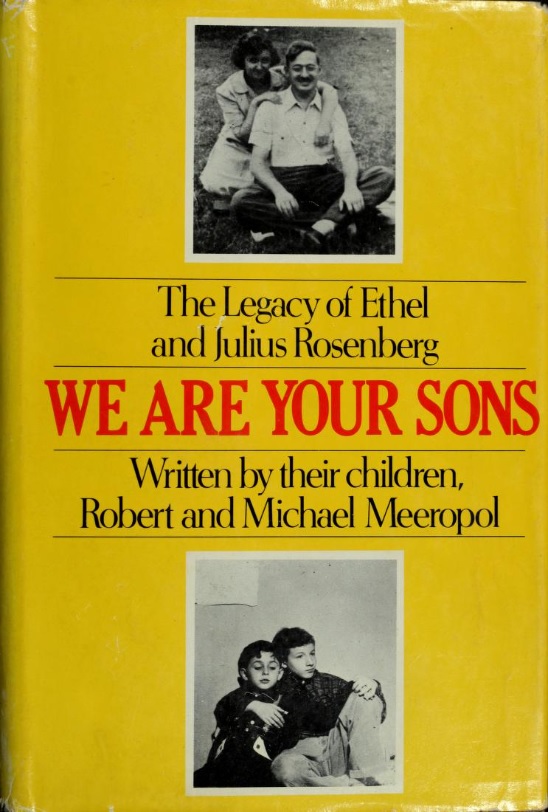 |
|
 |
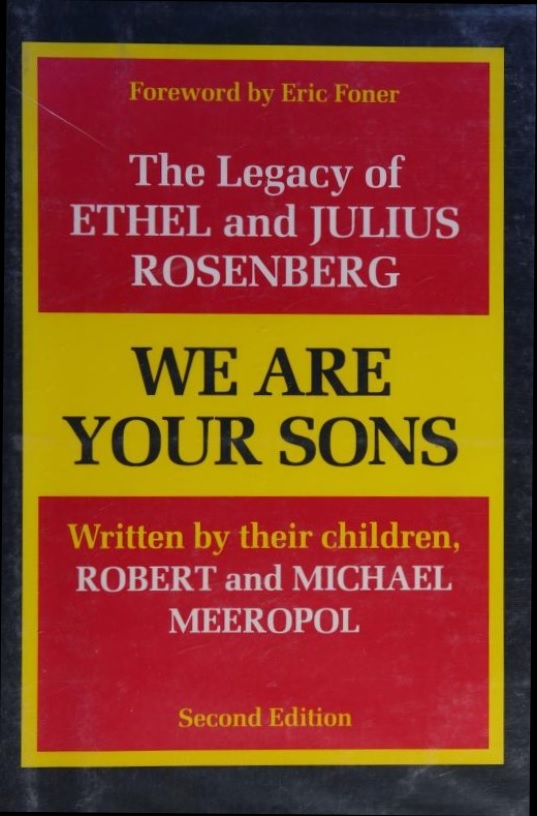 |
Here for the first time the sons tell their own story, weaving the nightmare events of 1950-1954—trial, appeals, execution of their parents and court battles over guardianship—with many of the letters Ethel and Julius wrote while in prison. In this correspondence, much of it previously unpublished, are the concerns, emotions and politics of the Rosenbergs as they sought to calm their children and themselves while the United States government warned, “Talk or Die!”
The sons also discuss their adoptive parents, Anne and Abel Meeropol, who provided them with security and emotional stability. And they talk about their own growth in the politically turbulent 1960s.
They remain convinced of their parents’ innocence and present arguments and evidence—some of it never before published—supporting their claims. This book is a vital social document, told simply yet intensely, persuasively. It is a book the reader will not be able to ignore.
The second edition, with three new chapters, firmly reiterates the Meeropols’ belief that their parents were innocent. One new chapter challenges the recently published and controversial book The Rosenberg File by Ronald Radosh and Joyce Milton, which persuaded many people who had been convinced of the Rosenbergs’ innocence that Julius Rosenberg was in fact a Soviet agent. Another focuses on the sons’ successful campaign over the past eleven years to open up previously restricted files on the case. Thanks to their efforts, they now have conclusive evidence that Judge Irving R. Kaufman conducted anything but an impartial trial.
Robert Meeropol received his B.A. and M.A. in anthropology at the University of Michigan, taught anthropology at Western New England College and is working on a doctoral project in urban anthropology. He is cooperating with the National Committee to Reopen the Rosenberg Case and lives in Springfield, Massachusetts, with his wife, Ellen, and daughter, Jennifer.
Michael Meeropol received his B.A. in economics at Swarthmore, another B.A. and his M.A. at Cambridge University in England and his Ph.D. from the University of Wisconsin. He is an Assistant Professor at Western New England College and is a member of the Union for Radical Political Economics, He is cooperating with the National Committee to Reopen the Rosenberg Case and lives with his wife, Ann, and two children, Ivy and Gregory, in Springfield, Massachusetts.
